ORIGINAL RESEARCH
Published on 06 Oct 2022
Targeting acid ceramidase ameliorates fibrosis in mouse models of non-alcoholic steatohepatitis
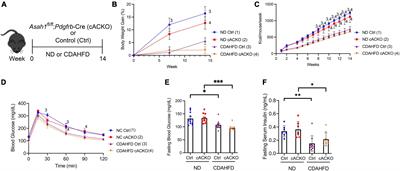
doi 10.3389/fmed.2022.881848
- 2,416 views
- 1 citation
6,662
Total downloads
27k
Total views and downloads
You will be redirected to our submission process.
ORIGINAL RESEARCH
Published on 06 Oct 2022

ORIGINAL RESEARCH
Published on 29 Jul 2022
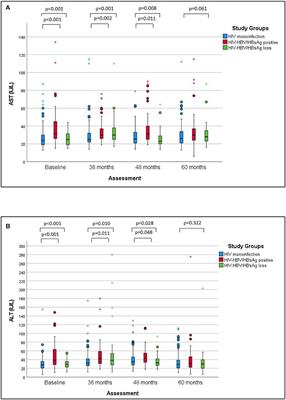
MINI REVIEW
Published on 16 May 2022
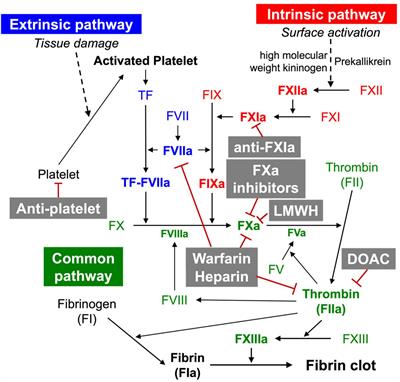
ORIGINAL RESEARCH
Published on 12 May 2022
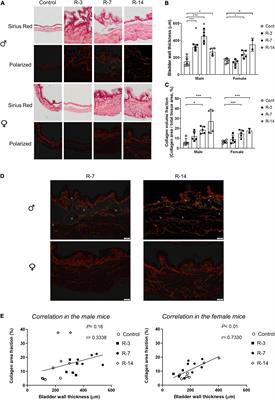
ORIGINAL RESEARCH
Published on 30 Mar 2022
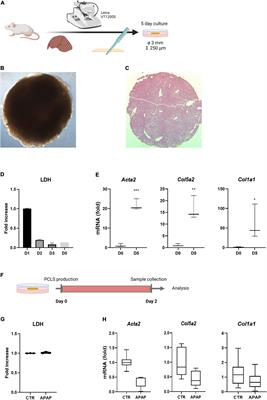
REVIEW
Published on 22 Mar 2022
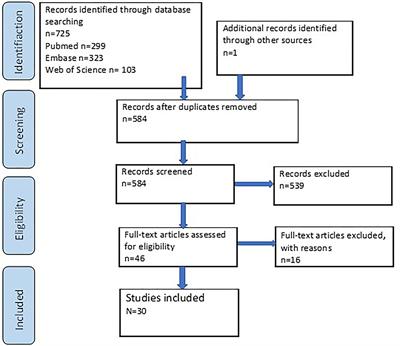
REVIEW
Published on 10 Jan 2022

